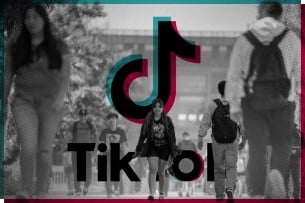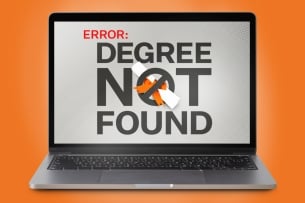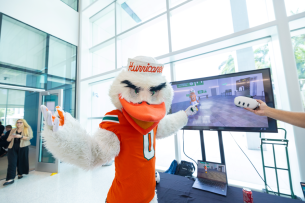Filter & Sort

What Would a TikTok Ban Mean for Higher Ed?
The fate of the Chinese-owned app is uncertain, but the effects of banning it would ripple through campus communities. Journalism professor and First Amendment lawyer J. Israel Balderas sat down with Inside Higher Ed to explain why.

Community Colleges Join Forces to Expand Access to AI Training
Colleges with wealthier students are more likely to offer courses that incorporate cutting-edge knowledge. As employer demand for AI skills soars, a group of community colleges wants to “make sure the masses don’t get left out of the AI revolution.”

The Supercomputer Transforming the University of Florida Into an AI Hub
The University of Florida spent $24 million to upgrade its supercomputer, which is one of the fastest machines in the world and gives Florida researchers access to a tool most academics don’t have.

Have Coding Boot Camps Lost Their Appeal?
2U’s decision to shut down its coding boot camps is the latest sign that changes are afoot in the alternative credentials sector.

Online Degrees Out of Reach
Fewer than half of students at the largest nonprofit online institutions earn a degree after eight years. Is it an unfortunate reality or a cry for accountability?

Can a Virtual Rabbinical Program Help Hebrew Union College Get Back on Track?
Hebrew Union College–Jewish Institute of Religion is struggling with dwindling rabbinical school enrollments and ongoing financial challenges. Leaders hope a new online program makes a difference.

Is Grammarly AI? Notre Dame Says Yes
The rapid introduction of generative AI has created a wild west of policies at colleges, complicating the use of long-standing editing and writing tools.

Success Program Launch: Incorporating VR Into the First-Year Seminar
This fall, the University of Miami introduced a new virtual reality tool into a first-year course. The initiative is targeted toward retention and engagement of students, as well as improving their feelings of belonging.
Pagination
Pagination
- 2
- /
- 233